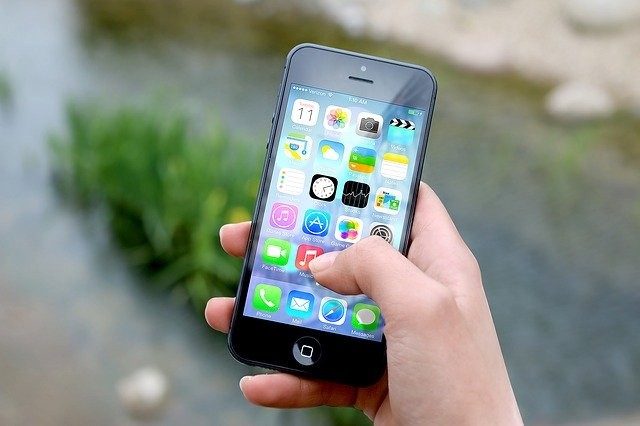As the Coronavirus continues to spread across the globe, scientists, medical professionals, as well as private groups and organizations are trying to do everything they can to slow it down, find the cure, and eventually develop a vaccine. The task is, of course, easier said than done. And while the promotion of social distancing and enhanced personal hygiene can certainly help, people are looking at more immediate and digital ways to track the spread of the virus and maybe even predict where the numbers will go .

Since the current measures haven't been enough, different countries are finding new ways to prevent further cases. The US and Europe are now turning towards the use of cellphone surveillance strategies to locate the residents who are infected by the virus to help slow down its spread. Will this new strategy work?
Tracking down the virus with mobile phones
With the ongoing pandemic, different strategies are now being implemented to slow down the spread of coronavirus. The US and Europe have found a new strategy that will help in preventing the further number of cases.
According to the The Hill, the two countries are now going to implement cellphone surveillance strategies to track down their residents who have been infected by the virus. The surveillance strategy, which was first implemented in China, Israel, Singapore, and South Korea, had difficulties with implementation in the US and several European countries because of their strict privacy measures.
The US and European governments are still looking forward to using the data surveillance strategy to keep the coronavirus cases in check since, as of Friday April 4, it increased to 257,000 according to Johns Hopkins University data.
How helpful will this tracker be?
This system is still being developed by "Pan-European Privacy-Preserving Proximity Tracing." It can receive, gather and upload data from resident's phone apps located in different cities.
"I think that everything is gravitating towards proximity tracking," said Chris boss, one of the members of the Pan-European Privacy-Preserving Tracing project. "If somebody gets sick, we know who could be infected, and instead of quarantining millions, we're quarantining 10."
The anonymous data-surveillance project created by the mobile-advertising industry will help the government officials where people are having a massive gathering like parks or retail stores, during this pandemic.
This will help officials take immediate action before those people who are gathering are contaminated. The European government is more transparent with the said project of Pan-European Privacy-Preserving Proximity Tracing since they have encouraged their citizens to install the tracking apps on their devices. On the other hand, the Slovakian government has allowed its public health offices to collect phone information and data from its residents.
"We realize that this is an infringement of fundamental rights and freedoms, let's not pretend it is not," said by the Slovakian Justice Minister, Mária Kolíková. "In a democratic state, an interference with fundamental rights and freedoms is possible if the measure is proportionate to the purpose." she later added.
On Thursday, Google said they will start allowing the project of the said mobile-advertising group and share their data with the federal government. Medical experts say that this project will help slow down the the pandemic as they seek the cure.




![Most Useful Google Chrome Keyboard Shortcuts You Need to Know to Improve Your Browsing Experience [2024]](https://d.techtimes.com/en/full/449047/most-useful-google-chrome-keyboard-shortcuts-you-need-know-improve-your-browsing-experience-2024.jpg?w=184&h=103&f=476d29fd60df70a67f6679f99a2ca6d0)